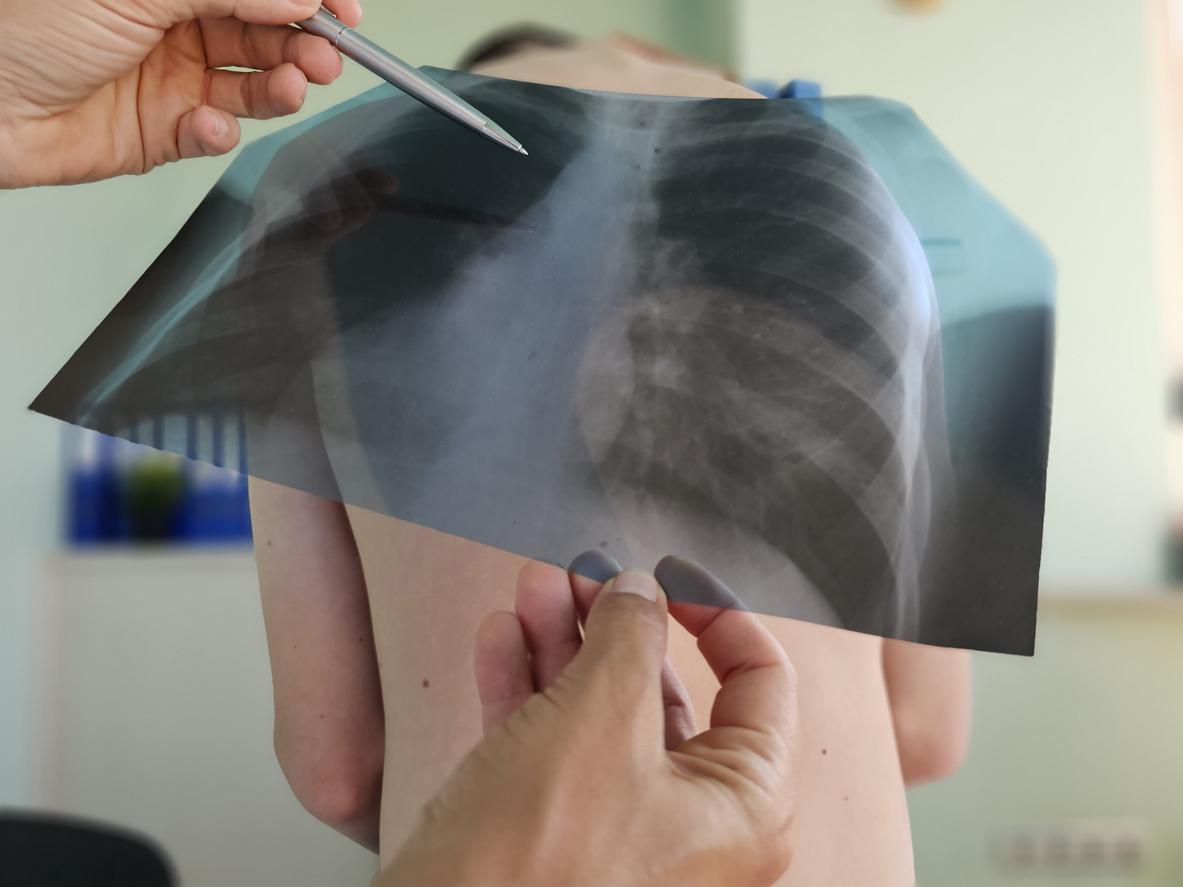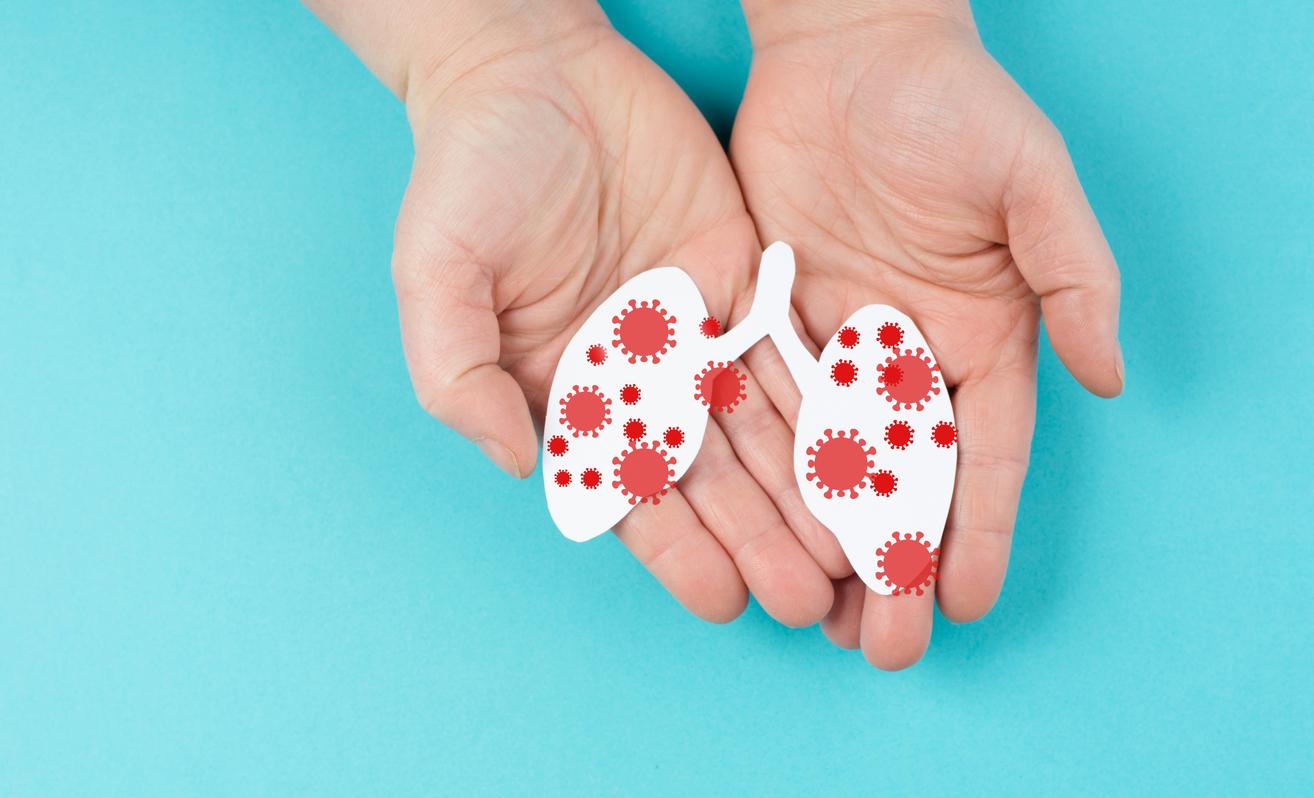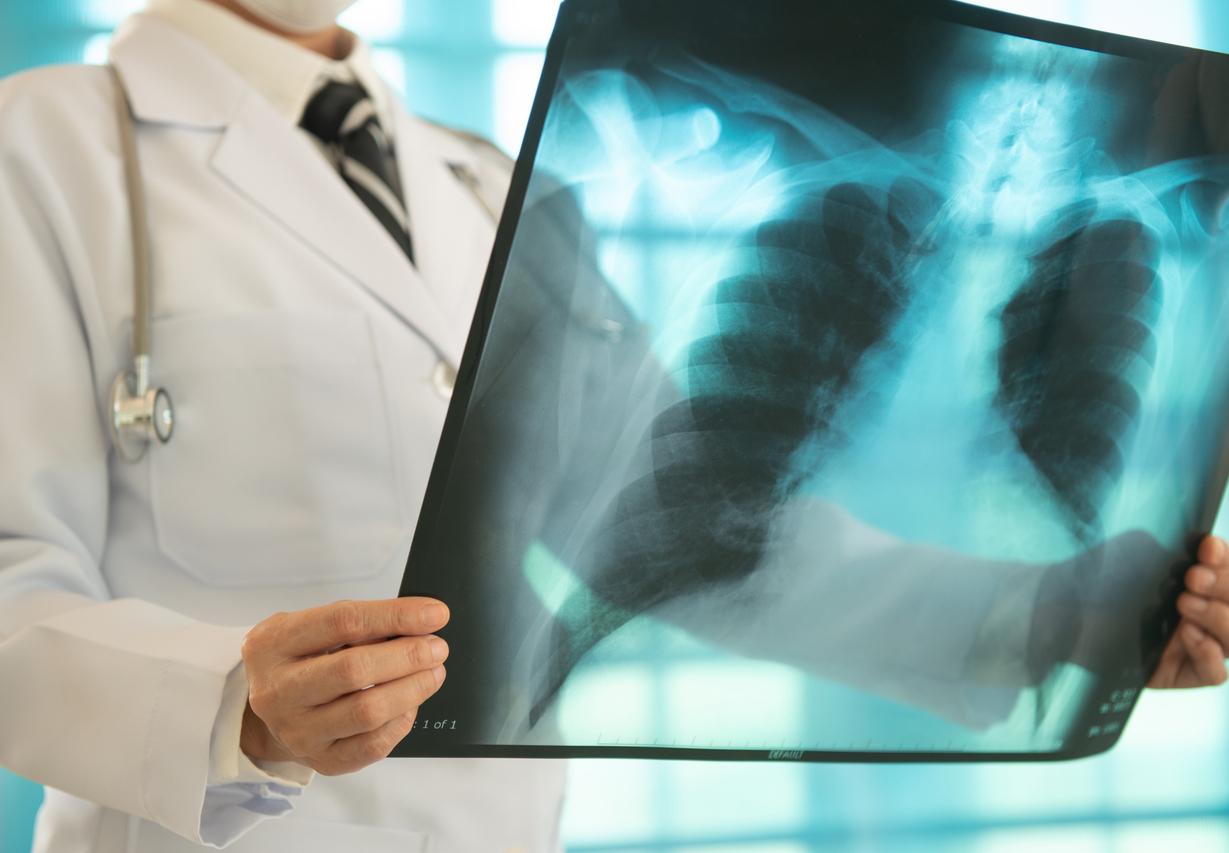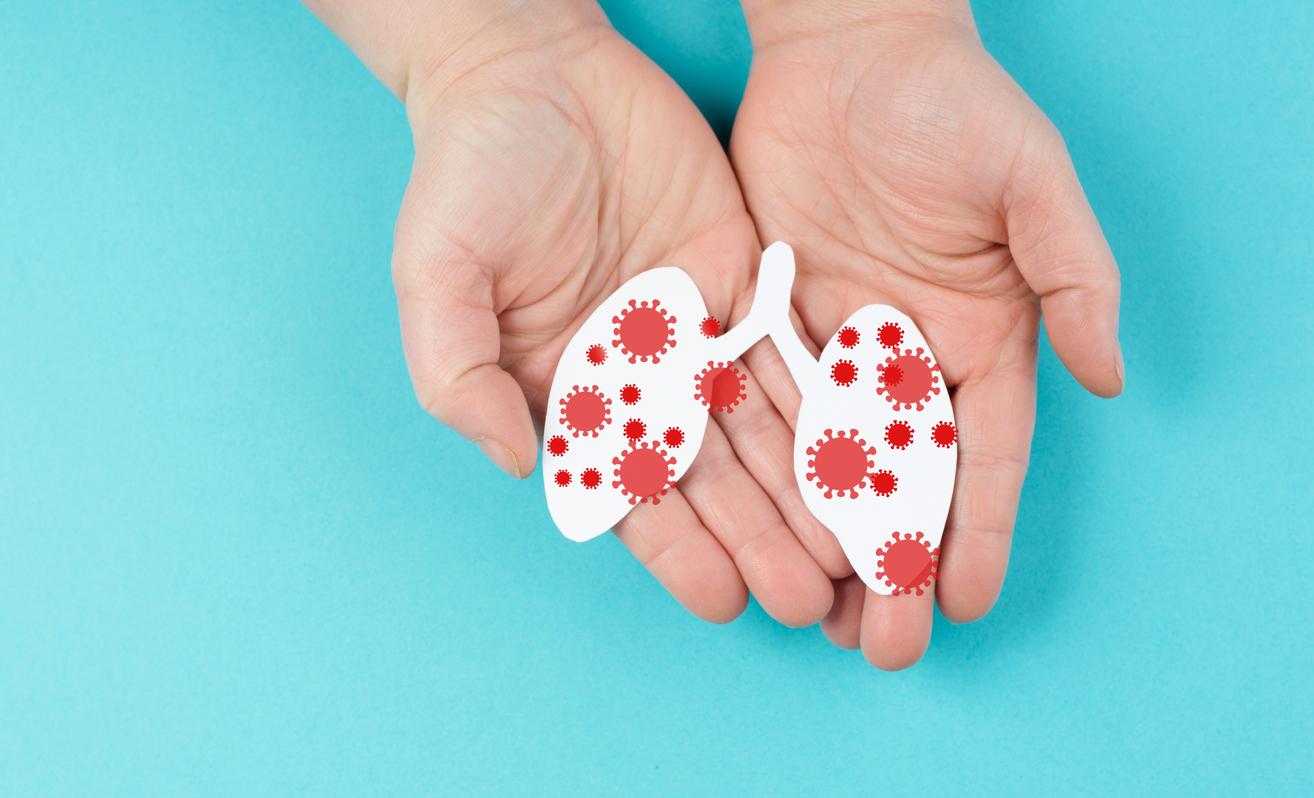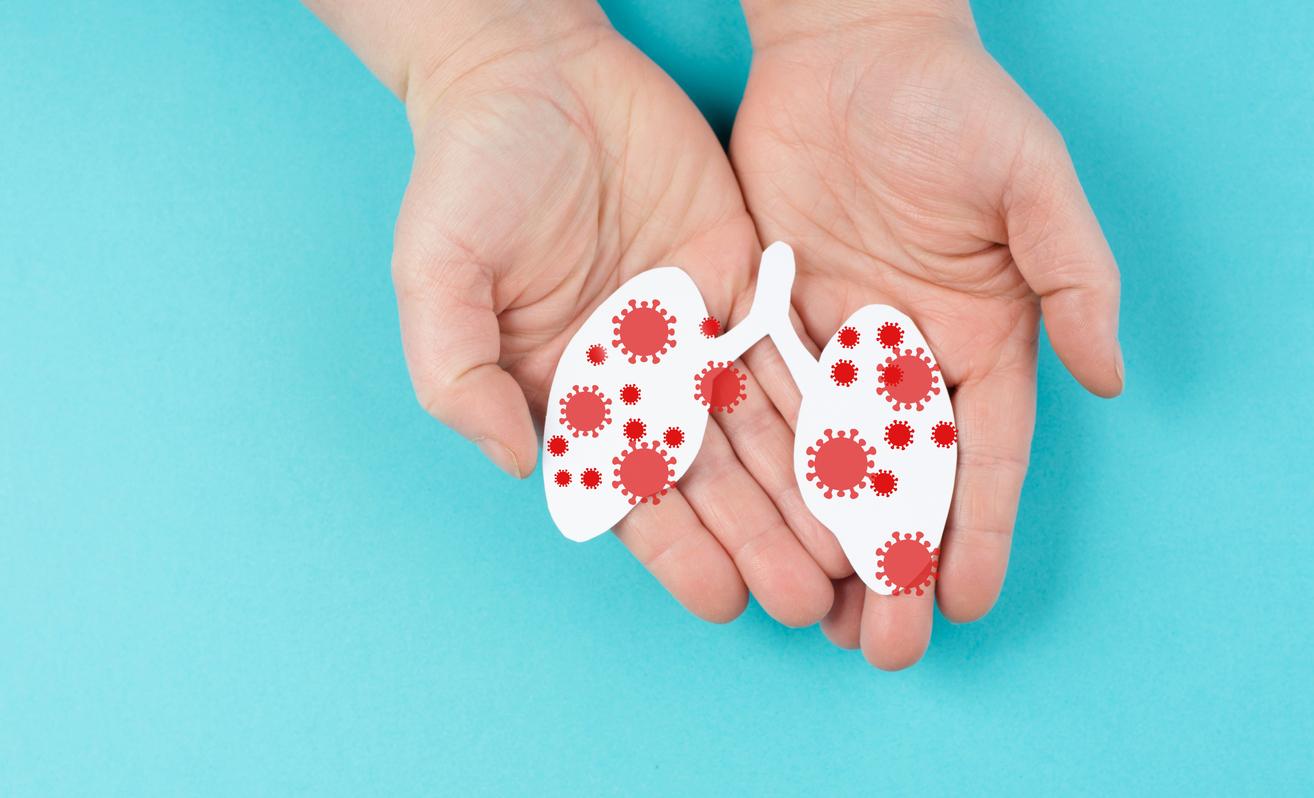Saturday, October 27 ended the World Health Conference in The Hague. New advances in the fight against tuberculosis were presented, according to a AFP dispatch taken over by La Croix. The deadliest infectious disease in the world, tuberculosis claimed 1.7 million lives in 2017 according to the World Health Organization. This serious lung infection, which can spread to the brain, has the particularity of having multi-resistant strains to antibiotics.
In Belarus, the country where the rate of resistant tuberculosis is the highest, trials of new treatments have had very convincing results. By combining bedaquiline with other antibiotics, 93% of patients whose tuberculosis was resistant to antibiotics were treated.
In addition, the giant of the British pharmaceutical industry GlaxoSmithKline has developed a new vaccine, the first in a century, very conclusive. It has been tested in three African countries on subjects who are carriers of tuberculosis but who have not yet developed the disease. The success rate is 54%.
New test in children
Each year 240,000 children die of tuberculosis, although it can be cured relatively easily if detected in time. What mainly kills is the absence of treatment in 90% of cases. The key lies in screening, currently carried out using invasive methods. Recently, in The Hague, an international team based at the KNCV tuberculosis foundation developed a test using the stools of children under five to detect tuberculosis.
The tests were carried out in four African countries among children of families where a member had been infected with tuberculosis. The bacterium was not active in them (a quarter of humans are carriers without the bacterium being triggered), they received preventive treatment for three months, half the duration of the current treatment. As a result, 92% of the 2,000 children treated were treated. Undeniable progress in the fight against the most deadly infectious disease in the world.
Read also:
Tuberculosis: an underdiagnosed disease
The fight against tuberculosis intensifies











